We talk a lot about sustainability in coffee—but one term that still flies under the radar (pun fully intended) is Bird Friendly. It sounds nice, right? But this label is far more than a feel-good phrase. It’s actually one of the most meaningful certifications a coffee farm can hold, and in the UK, it’s still relatively rare.
So, what exactly is Bird Friendly coffee? And why does it matter so much—especially for a brand like ours?
Let’s break it down.
What Is Bird Friendly Coffee?
The Bird Friendly certification is issued by the Smithsonian Migratory Bird Center and is considered one of the most rigorous eco-certifications in the coffee world. Unlike other labels that focus solely on people or soil health, Bird Friendly coffee is about protecting biodiversity from the top down—literally.
To be certified, farms must grow their coffee under a canopy of native shade trees, creating a forest-like habitat where birds (including endangered and migratory species) can nest, feed, and thrive. These aren’t token trees planted here and there—the canopy must be diverse, tall, and dense, mimicking natural forest conditions.
It’s not a marketing buzzword. It’s actual habitat conservation.
What Do Farmers Have to Do to Earn the Certification?
This isn’t a simple box to tick. To be Bird Friendly certified, coffee farms must first meet organic standards (no chemical pesticides or fertilisers), and then go a step further.
Here’s a glimpse of what they’re required to maintain:
-
A minimum shade cover of 40% across the farm
-
A diverse mix of at least 10 native tree species
-
Multiple canopy layers, including tall trees that provide critical nesting and feeding space
-
No use of harmful agrochemicals
-
Protection of natural water sources and surrounding ecosystems
All of this is verified by third-party inspectors—and must be maintained annually to retain certification. In short: it’s a serious commitment.
For many farmers, it also means accepting lower yields in favour of maintaining a thriving ecosystem. That’s why Bird Friendly coffee can be a little harder to find—and why it’s worth supporting when you do.
Our Bird Friendly Coffee: Jungle Breeze
Here at The Aviary, we’re incredibly proud to offer Jungle Breeze, our Bird Friendly-certified single origin from Honduras.
Grown in the lush highlands at 1200+ MASL, this light roast is sweet, soft, and perfectly balanced. You’ll get gentle chocolate notes, a touch of nuttiness, and a mild acidity—a peaceful, easy-drinking cup that’s quietly beautiful.
But beyond the flavour, this coffee is special because of how it’s grown: under a dense canopy that provides habitat for real wild parrots and countless other species. Choosing this coffee means you’re supporting farmers who protect biodiversity every single day.
And yes—it also supports our own mission. 5% of our profits go directly to parrot conservation efforts through our current charity partner, Macaw Mountain Bird Park in Honduras.
Why Bird Friendly Coffee Matters
Coffee grown under sun (which is how most commercial coffee is now produced) might be easier to scale—but it comes at a cost. Millions of hectares of forest have been cleared to grow coffee more intensively, leaving birds and wildlife with nowhere to go.
Bird Friendly farming brings back the trees, the complexity, the life. And it still produces incredible coffee—when done well, often better.
So if you love coffee, and you love birds, choosing Bird Friendly isn’t a compromise. It’s one of the most powerful (and enjoyable) ways to support real, meaningful conservation.
Where to Find Bird Friendly Coffee in the UK
Honestly? It’s still rare. But we’re working to change that.
You can order Jungle Breeze directly from our online shop—whole bean or omni-ground—delivered straight to your door. Whether you’re a home brewer or just getting started with speciality coffee, this one’s easy to enjoy and easy to feel good about.
And if you're a conservation charity working in bird habitats or coffee-growing regions, we're always looking for new partnerships. We're currently on the lookout for our 2026 conservation partner—if you think you'd be a good fit, get in touch.
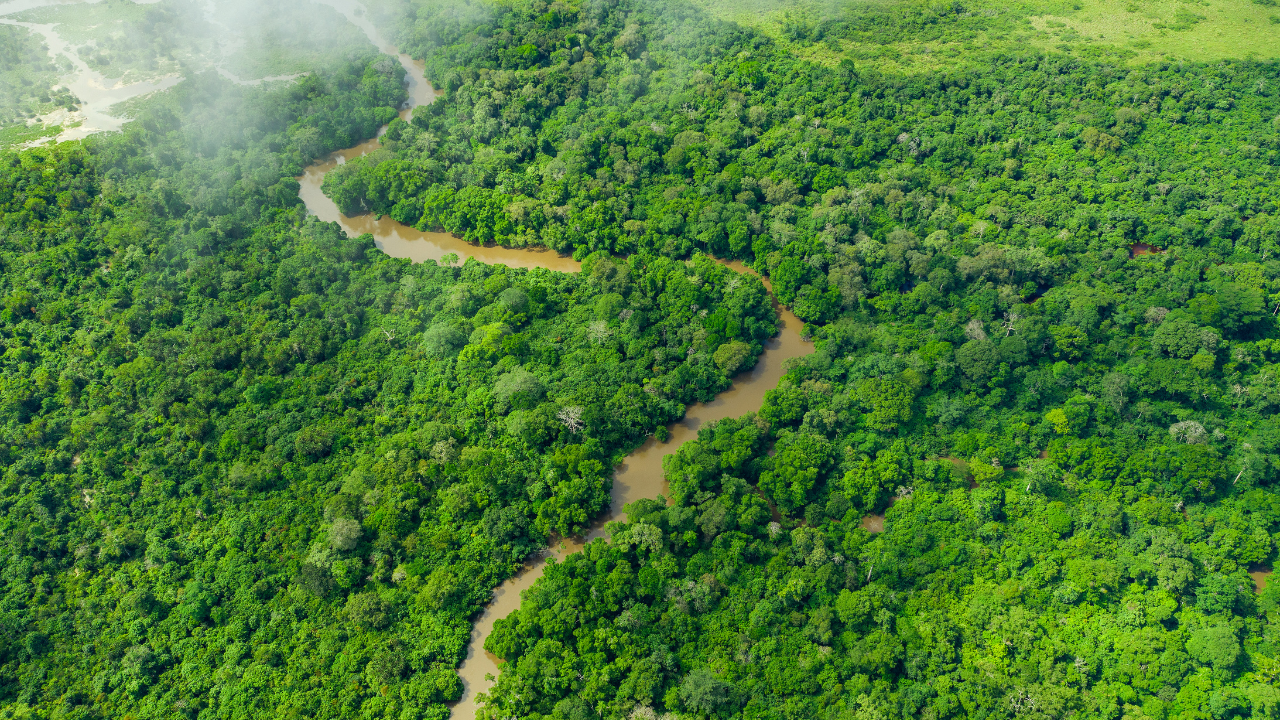
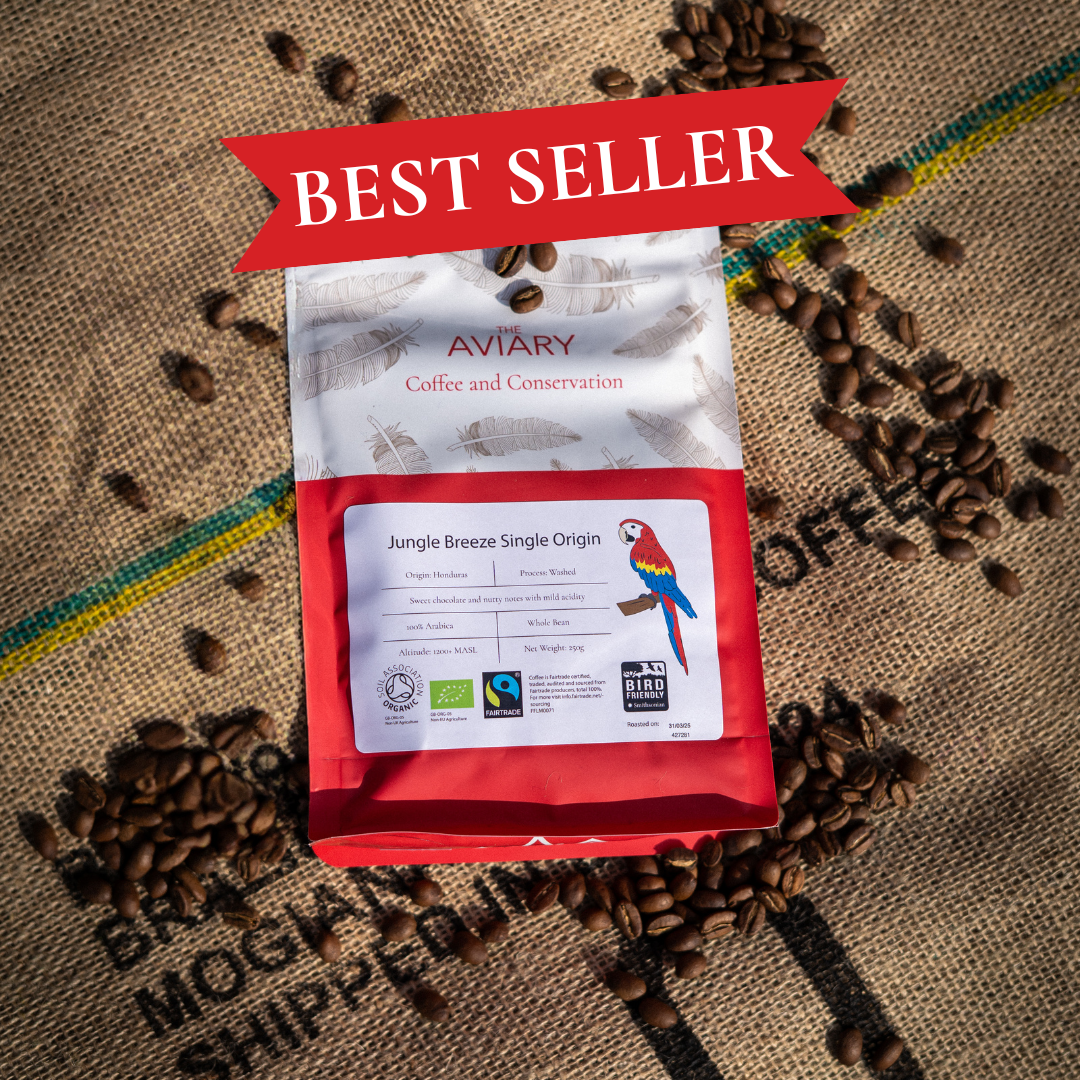
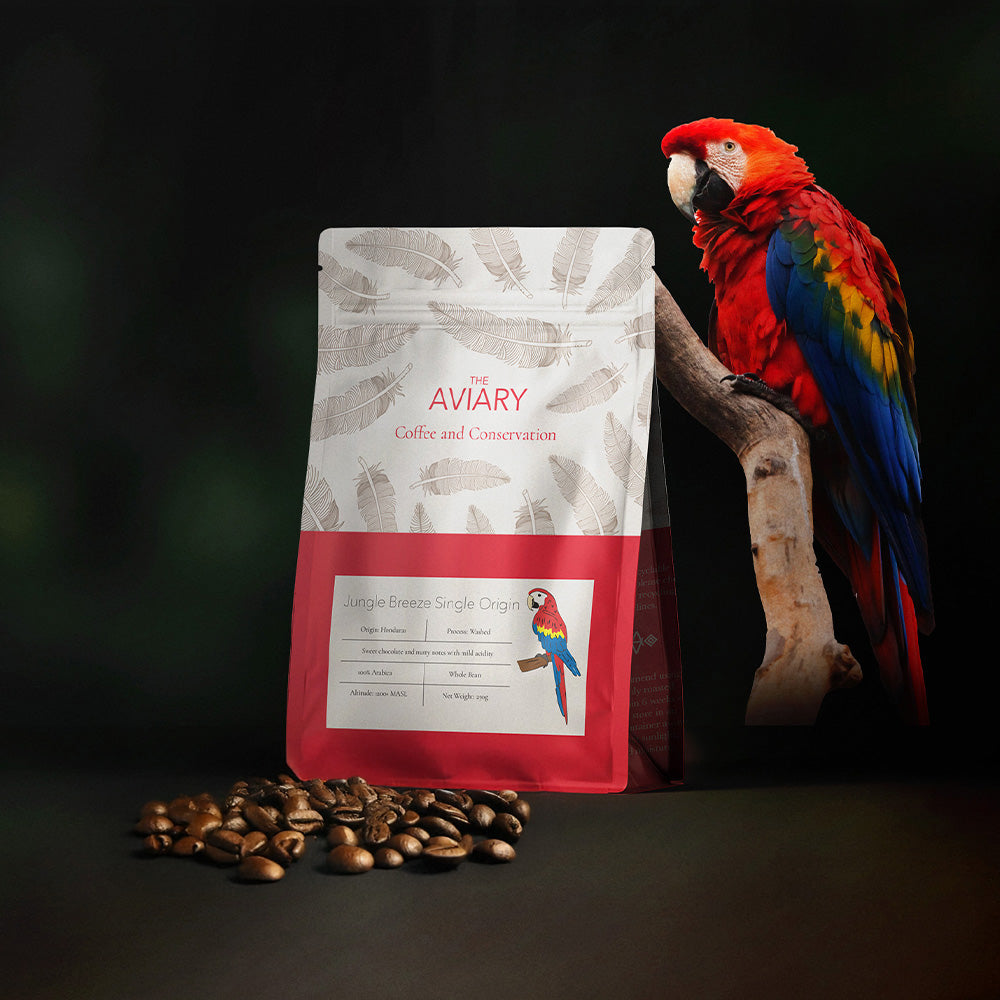

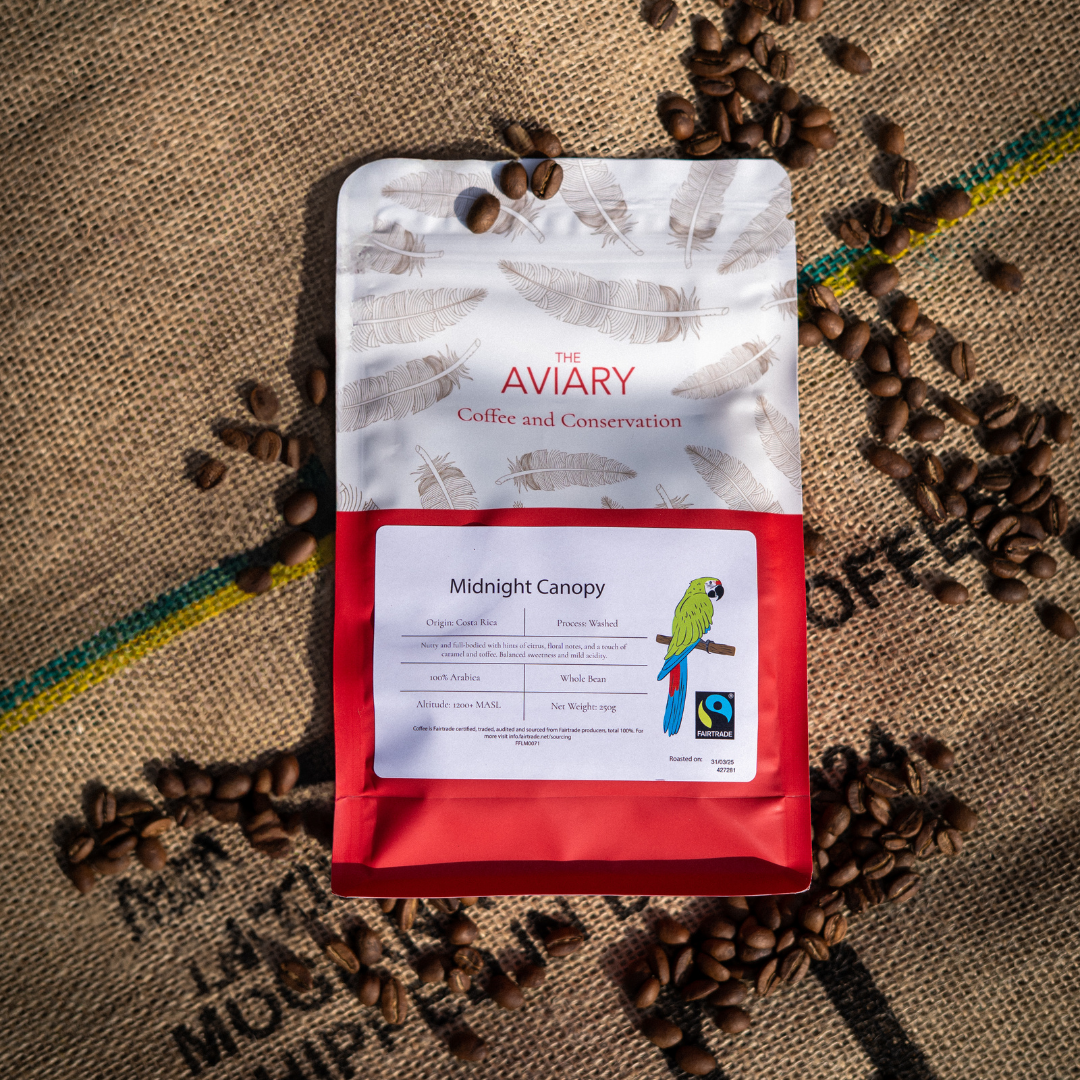
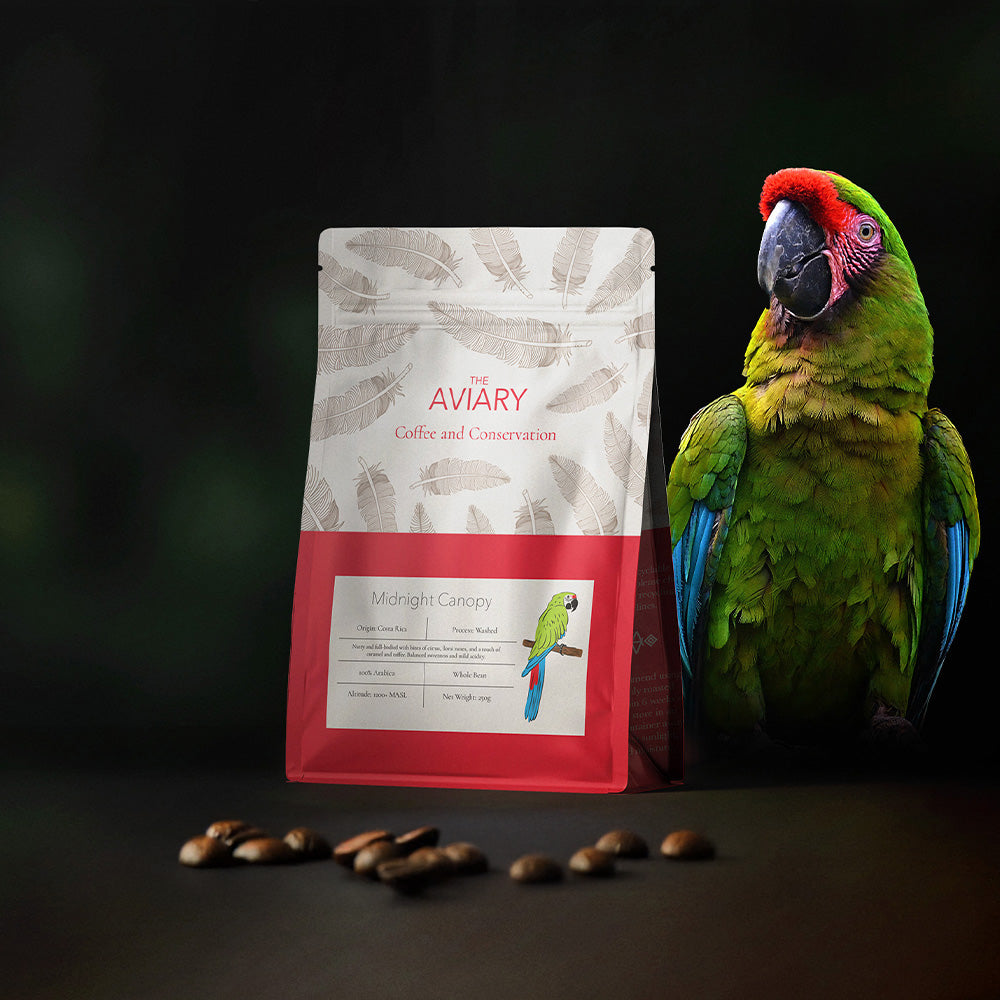
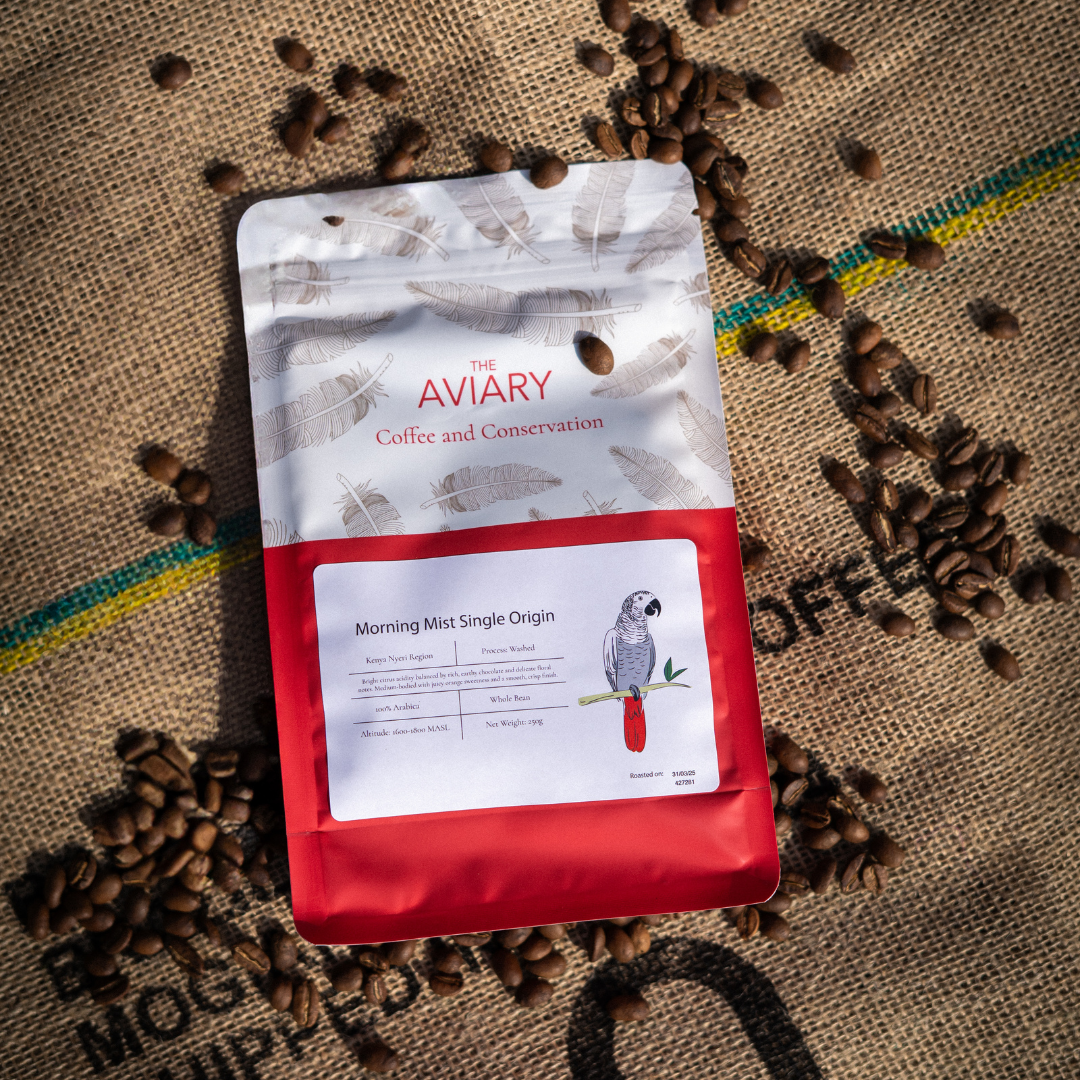
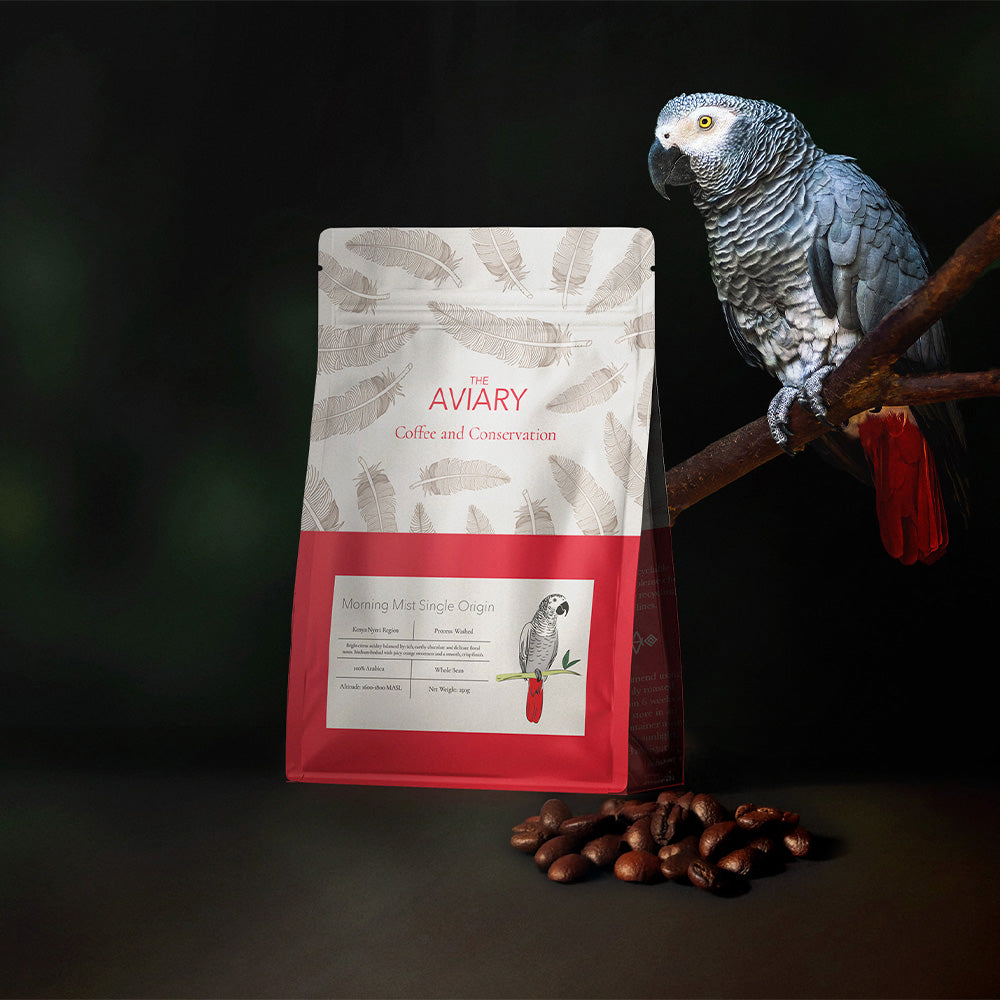

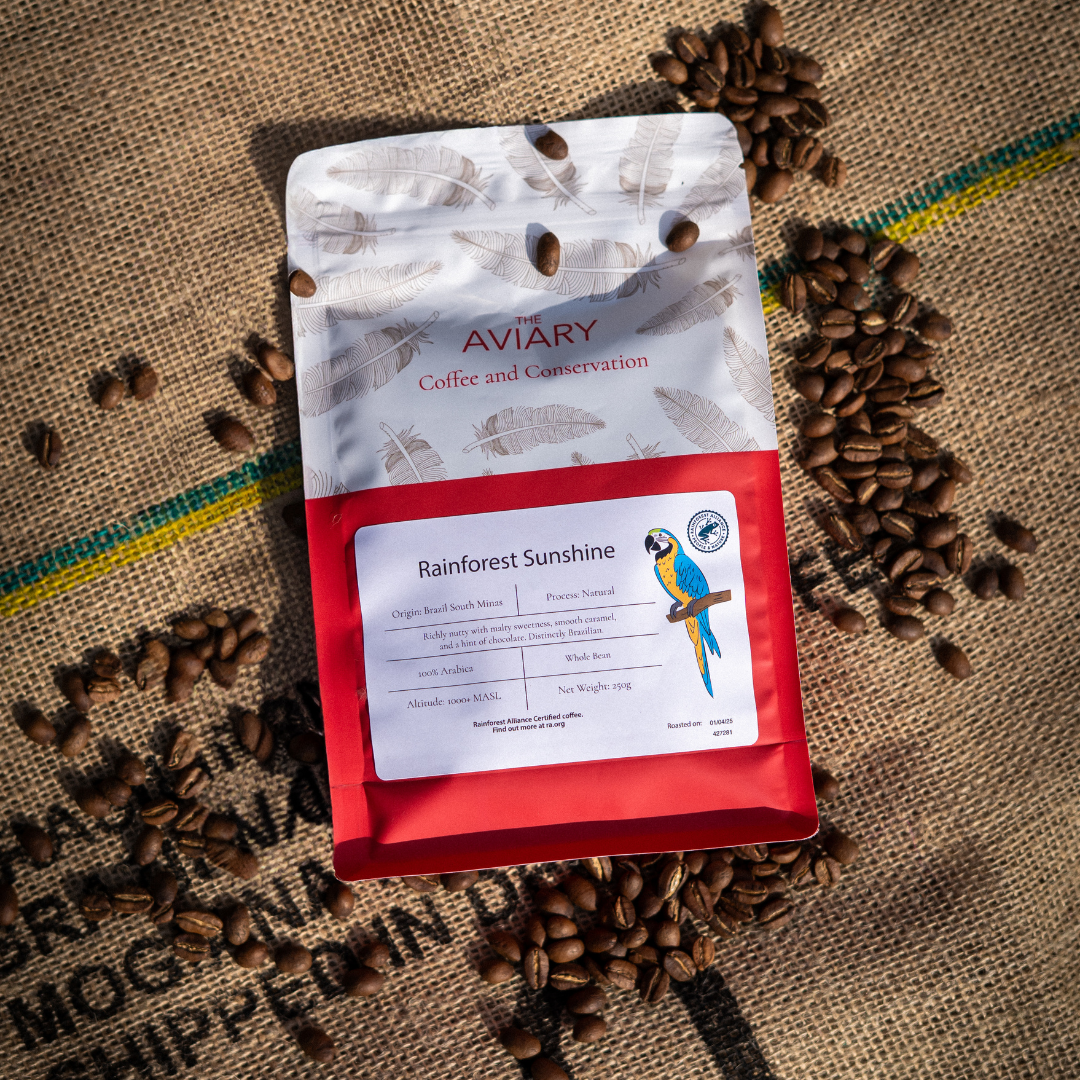
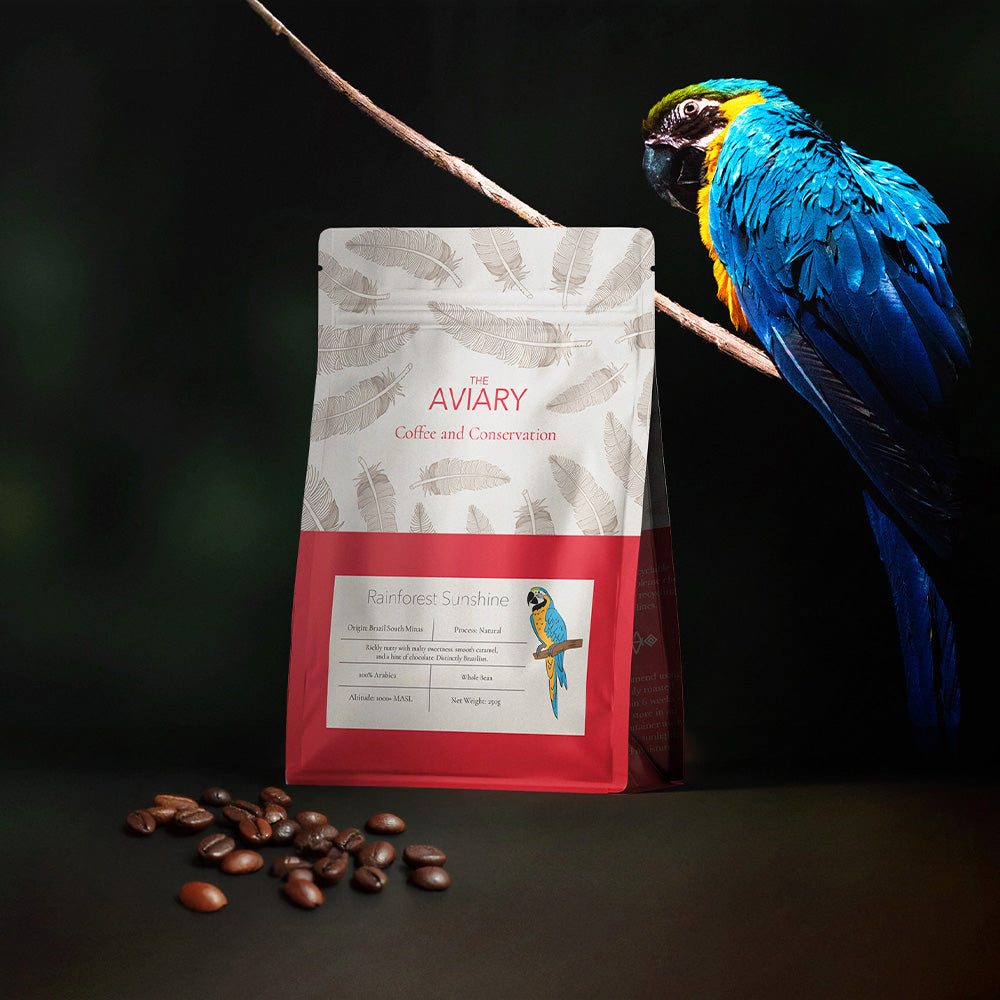

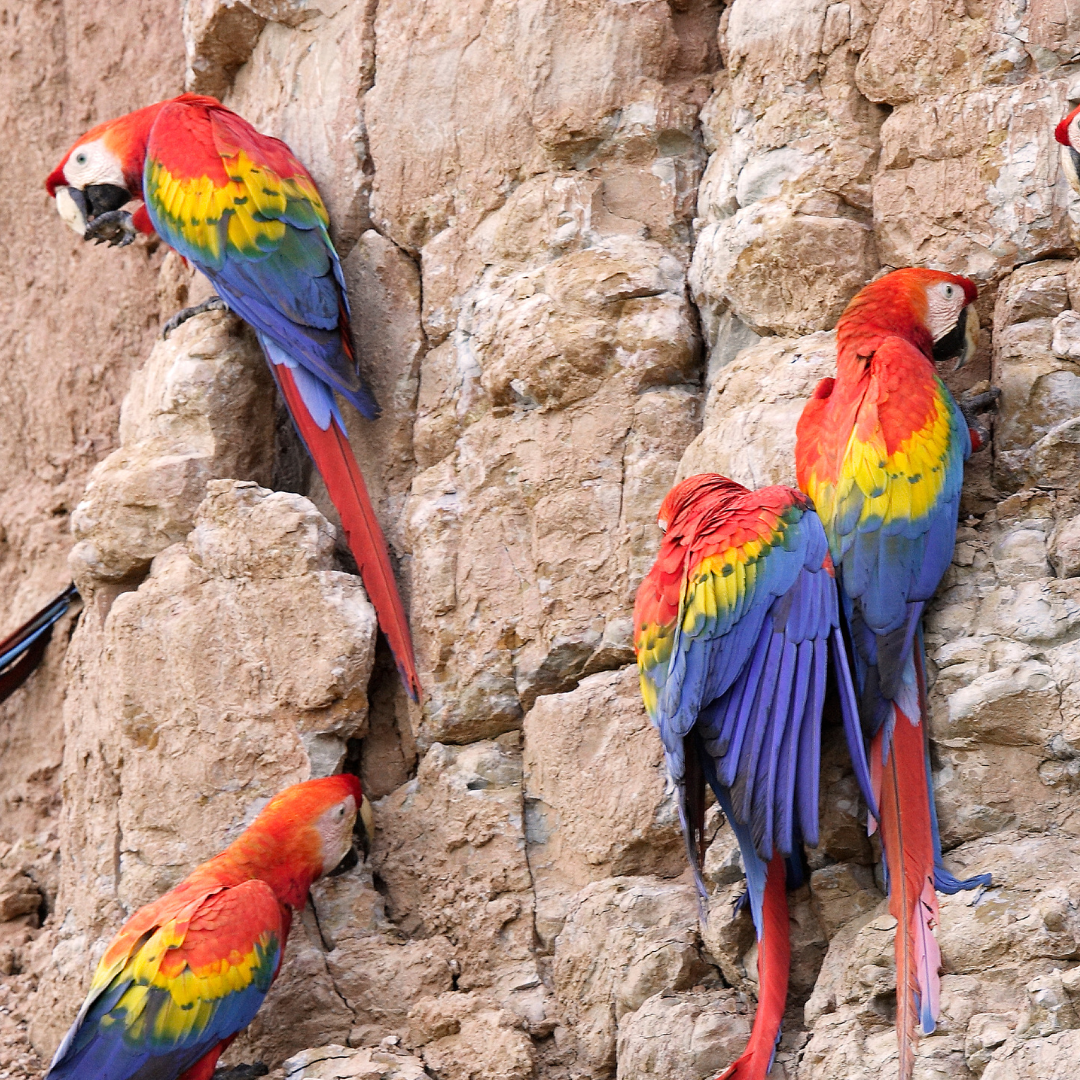
0 comments